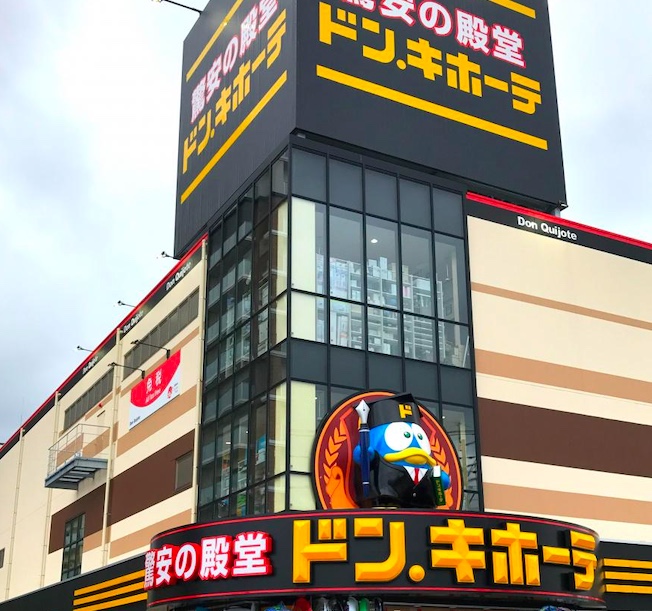Don Quijote is one of the Japan’s leading discounted store. Foreigners who have visited Japan are probably surprised at how inexpensive they are. In this article, we will explain why Don Quijote is able to sell some products in the cheaper price.
Parallel imports
The reason why brand-name products sold at Don Quijote nationwide are cheap is because they are parallel imports.
First of all, authorized imports are products that are imported and sold by a Japanese subsidiary of an overseas brand or a company that has a contractual relationship with the brand directly from that overseas brand.
Parallel imports are products that are imported through a different route than the authorized route.
For example, a company purchases products directly from overseas without going through an authorized distributor and sells them in Japan.
Parallel imports are not illegal in Japan, so there is no problem.
The reasons why parallel imports are cheaper as to follows
When transactions are possible without any intermediary distributors on the route, intermediate costs such as commissions and transportation costs are eliminated, allowing the product to be sold at a lower or cheaper price.
In this case, the sales price can be set freely according to the current purchase price, allowing for lower prices.
Each store is responsible for setting its own prices
Don Quijote leaves everything from the product purchasing to price setting to each stores.
Stores negotiate directly with vendors, so the prices in the same products will vary.
The products that tend to be cheaper are those that match the local customer base.
Large volume purchasing for all stores to stock
Don Quijote has approximately 700 stores nationwide, and in order to stock all of them, it is inevitable that we have to purchase in large quantities.
This allows us to purchase it at low prices and sell it at low prices in our stores.
Various campaigns are offered by the stores
They hold brand closing sales in which all stores’ backlogged inventory is consolidated into one store and sold it as a loss. The purpose is to convert backlogged inventory into cash, so it can be sold at a lower price.




Comments